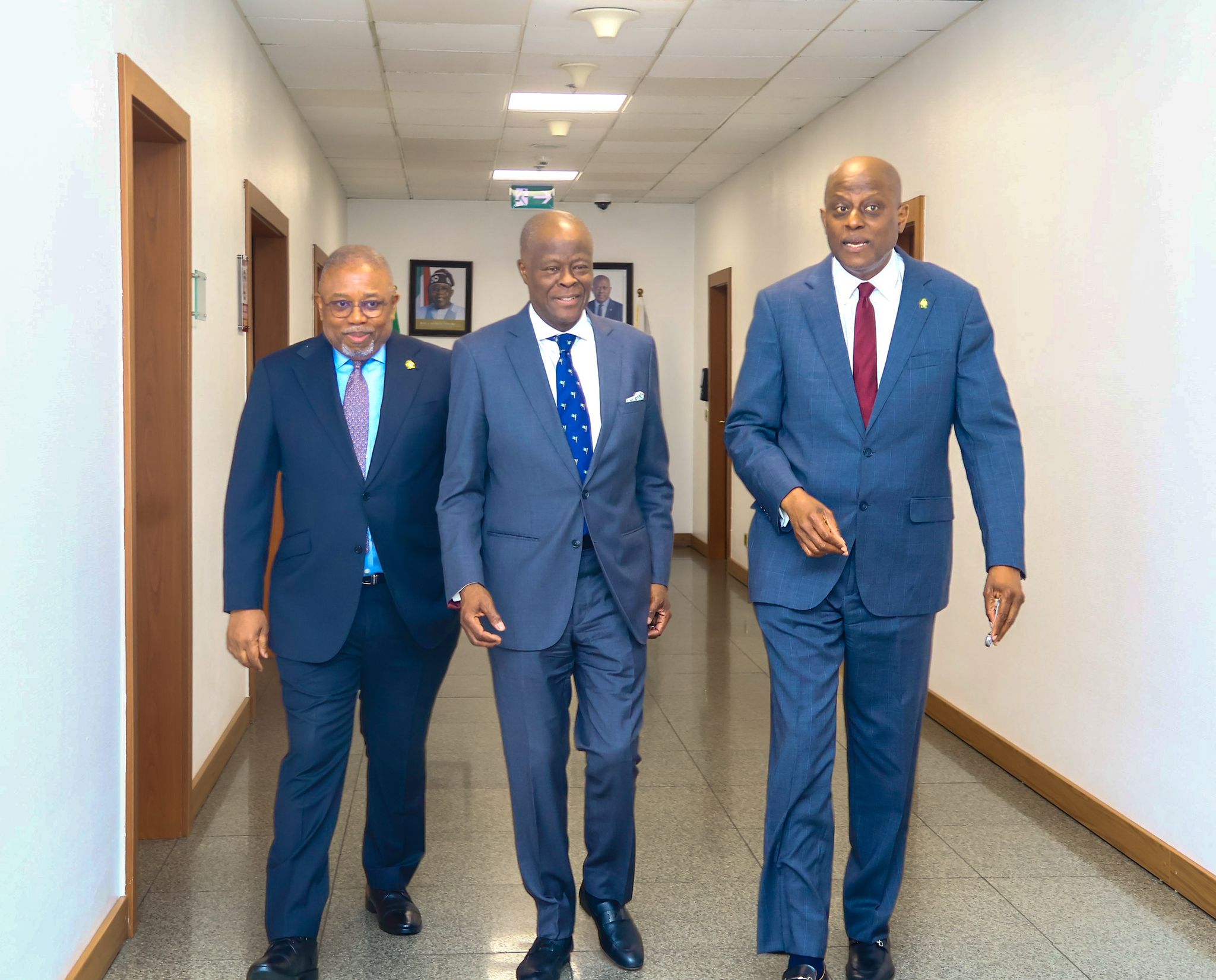In a move to bring about the full implementation of the President Bola Ahmed Tinubu’s directive for the Nigerian National Petroleum Corporation Limited (NNPCL) to sell crude oil to local refineries in Naira, the Minister of Finance and Coordinating Minister of the Economy, Mr. Wale Edun has met with relevant stakeholders to ensure the policy objective of the Federal Government is realised
Director of Information and Public Relations, Mohammed Manga in a statement on Tuesday indicated that the initiative is aimed at strengthening the domestic economy as well as supporting the sustainable operations of local refineries, including the Dangote Refinery.
The meeting which brought together important stakeholders, including Mr. Heineken Lokpobiri, Minister of State for Petroleum Resources (Oil); Mr. Mele Kyari, Group Chief Executive Officer of NNPCL; Dr. Zacch Adedeji, Executive Chairman of the Federal Inland Revenue Service (FIRS); Mrs. Lydia Shehu Jafiya, Permanent Secretary of the Federal Ministry of Finance; and other notable participants provided an opportunity for in-depth discussions, which underscored longstanding challenges within the petroleum sector.
As the meeting drew to a close, the statement said a sense of strong confidence and collective purpose filled the air with Edun expressing optimism that with the collaborative efforts of all stakeholders, the groundbreaking initiative will empower local refineries, stimulate economic growth, and redefine the nation’s petroleum landscape.
Explaining further the statement said by harnessing the collaborative spirit of key stakeholders, Nigeria is poised to witness a transformative shift in its economic trajectory.
“Thus, the country is set to unlock new opportunities, overcome longstanding challenges, and emerge stronger.
“The Naira Crude Sales initiative marks a significant milestone in Nigeria’s journey towards economic prosperity, and all eyes are on the promising future that lies ahead.”





